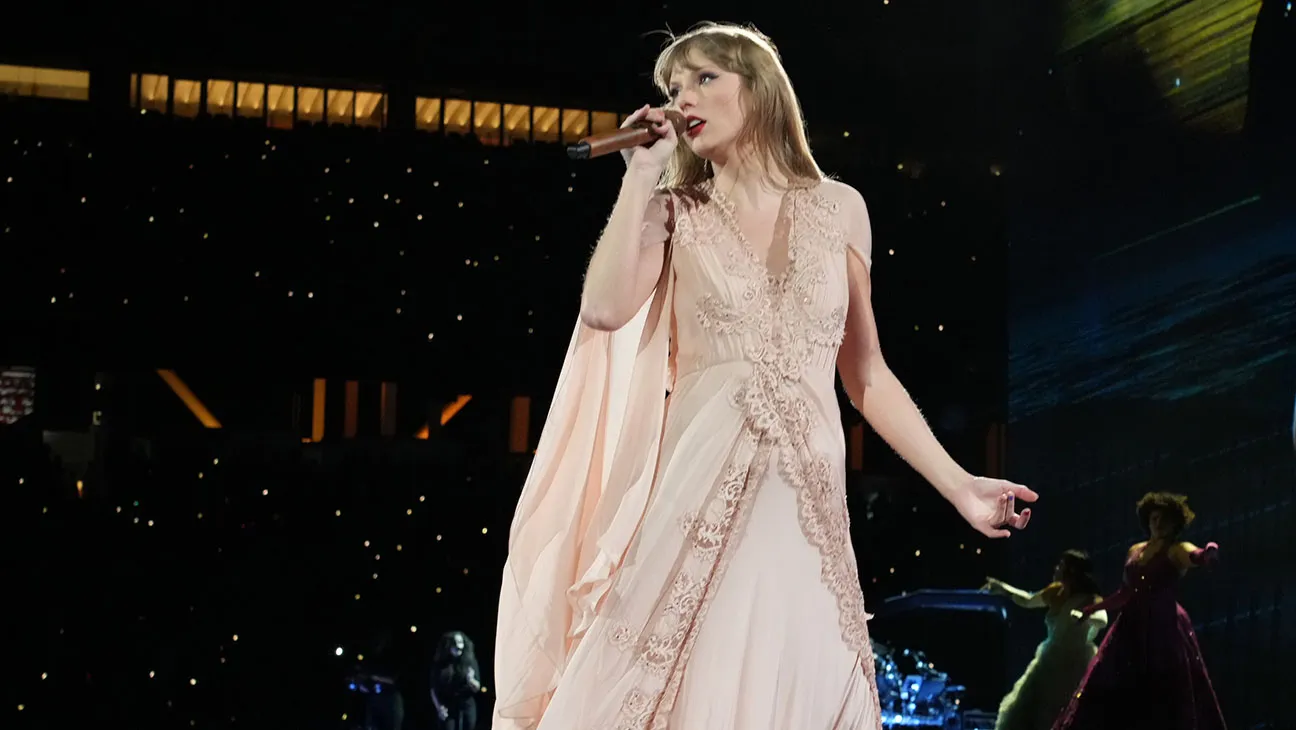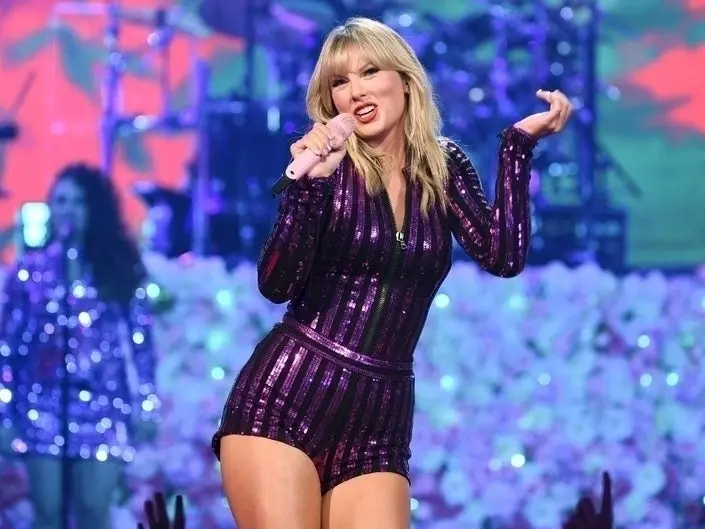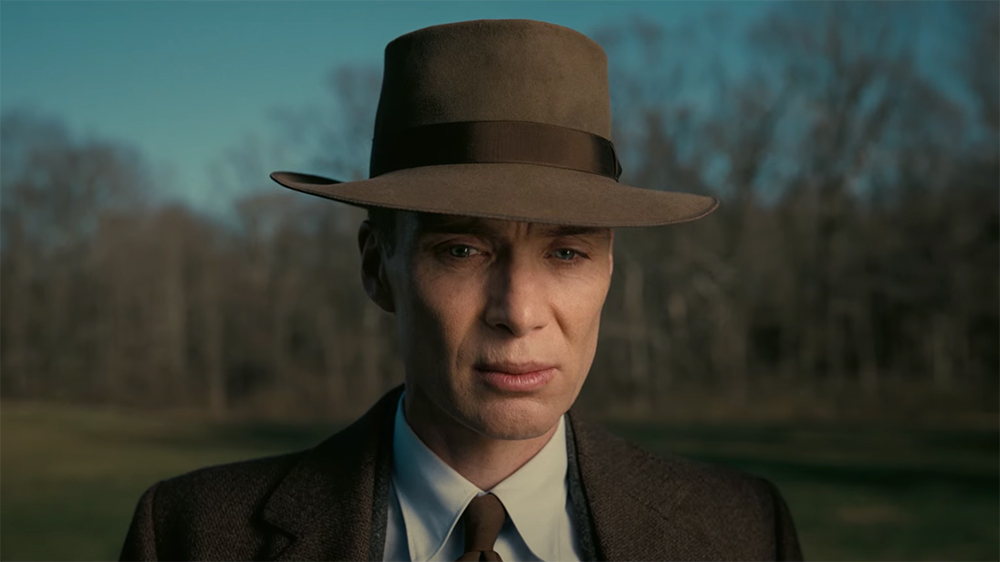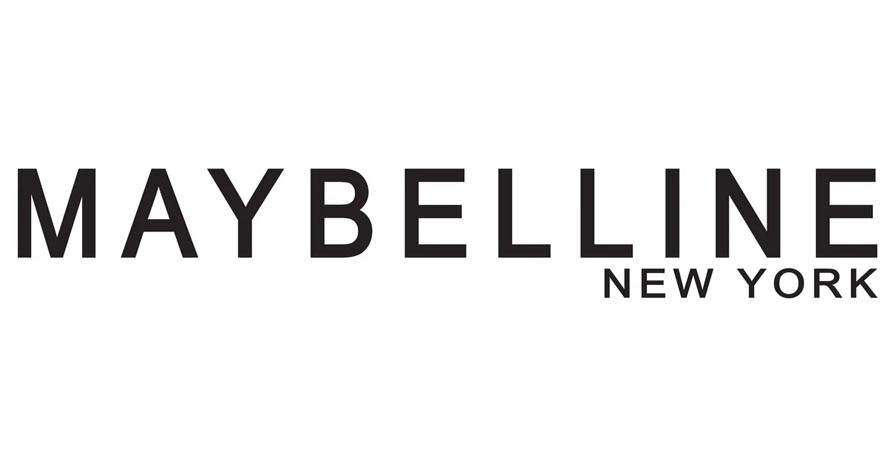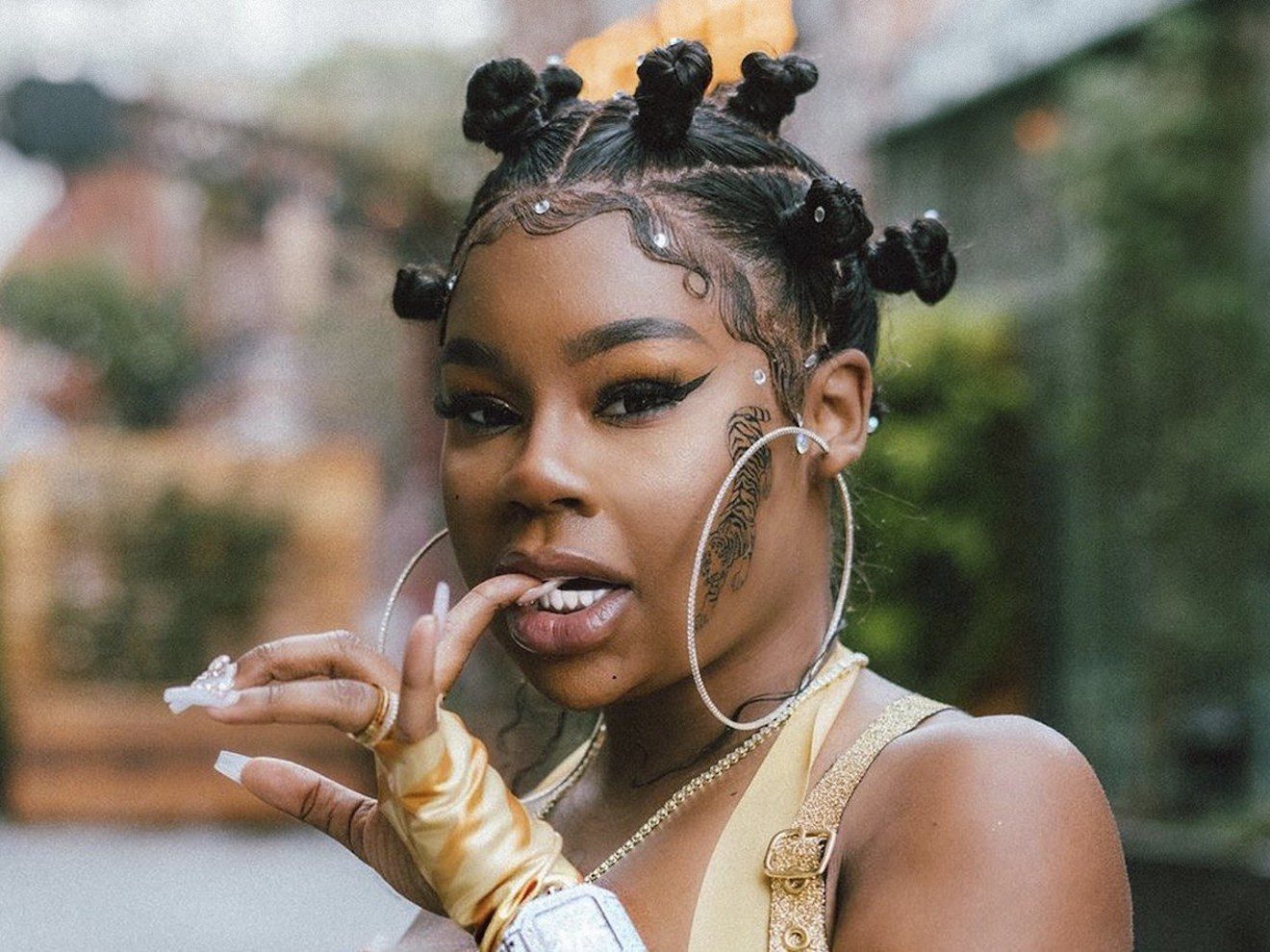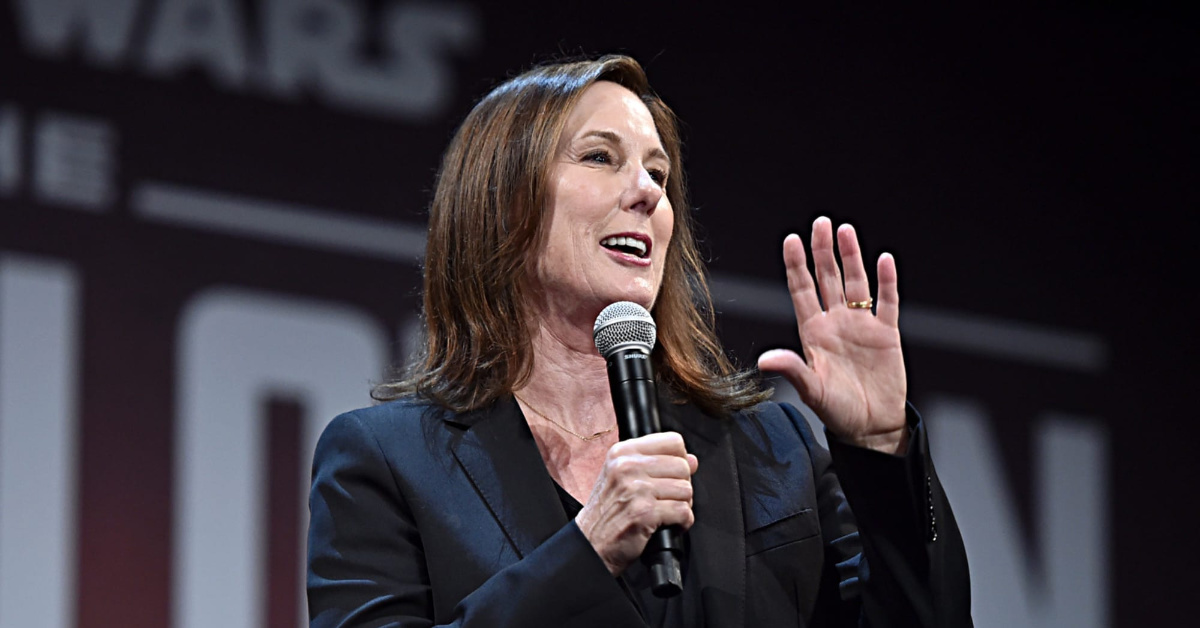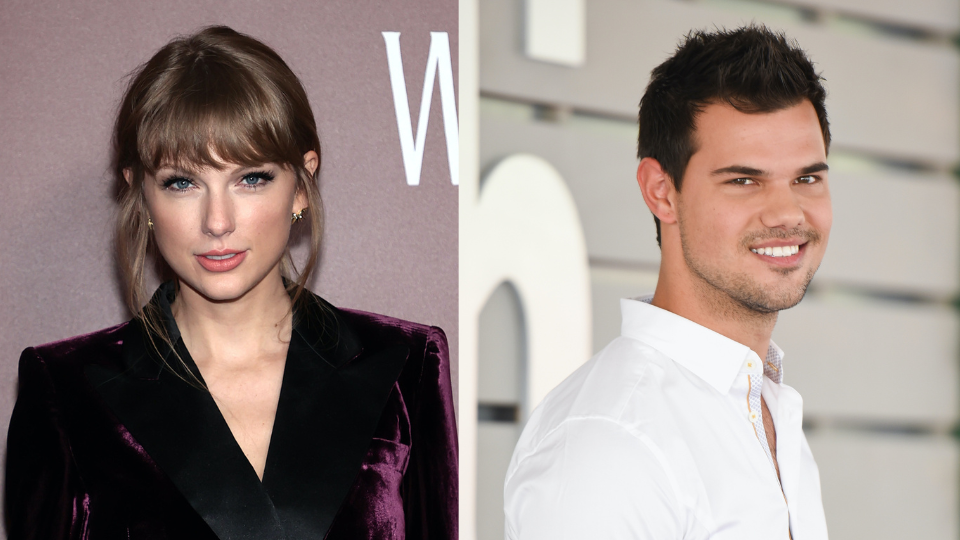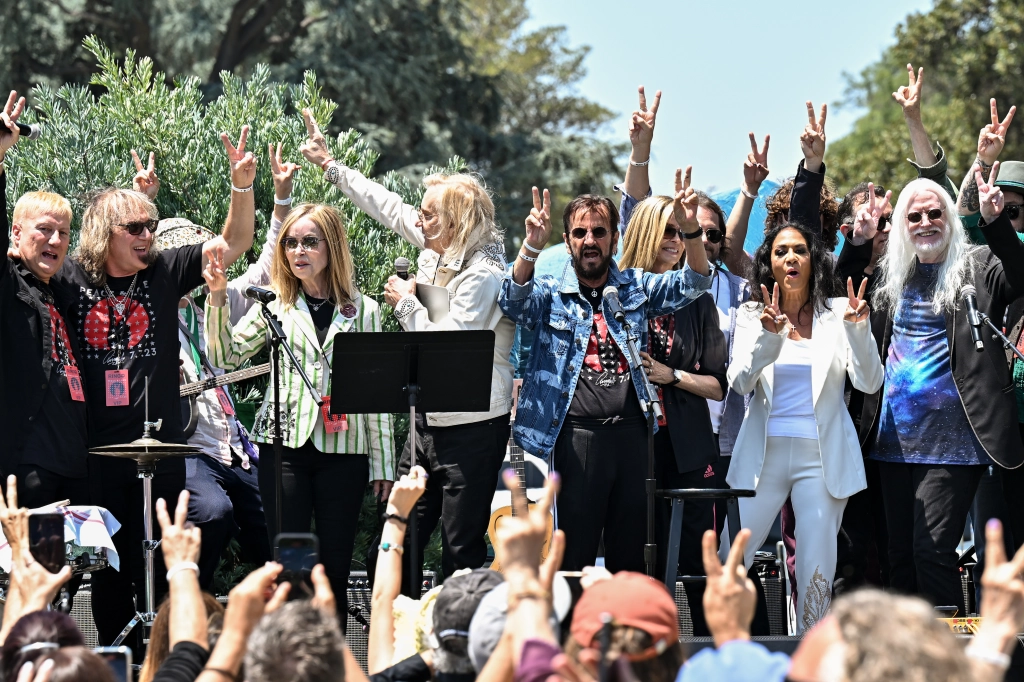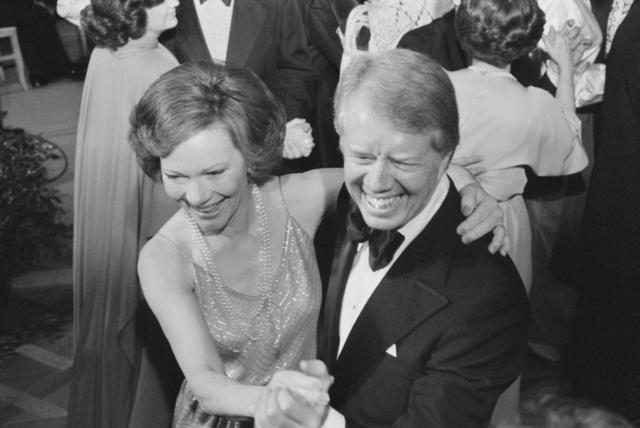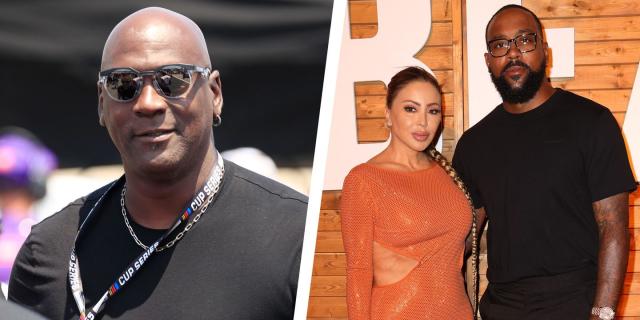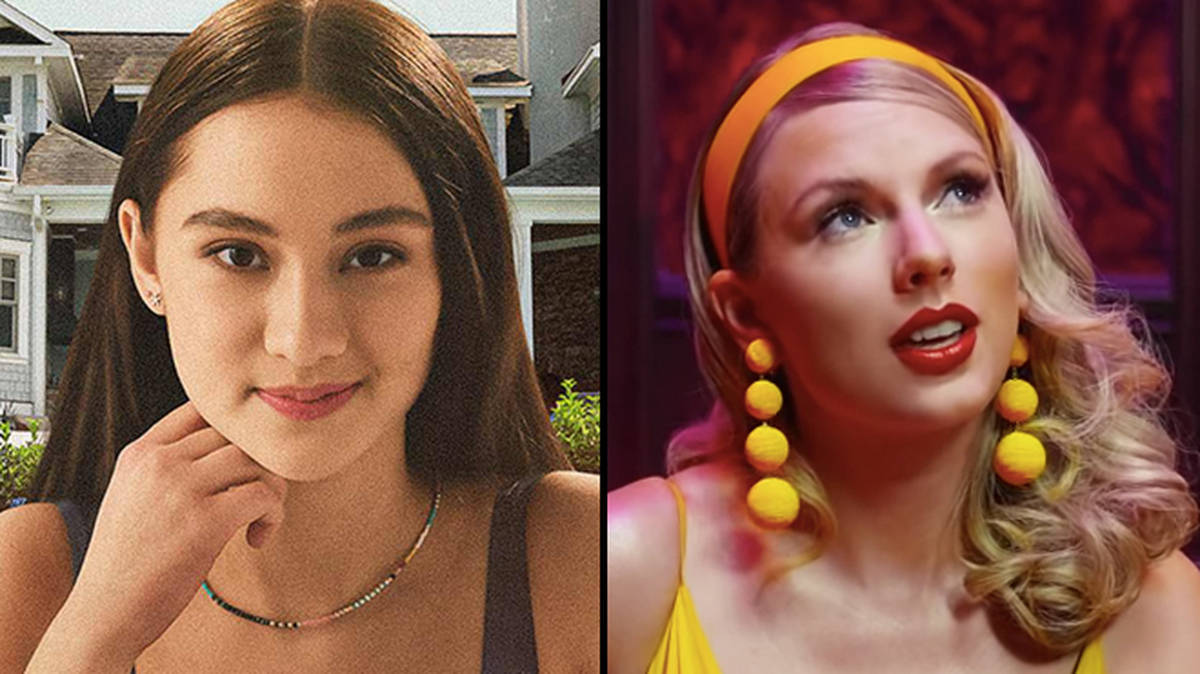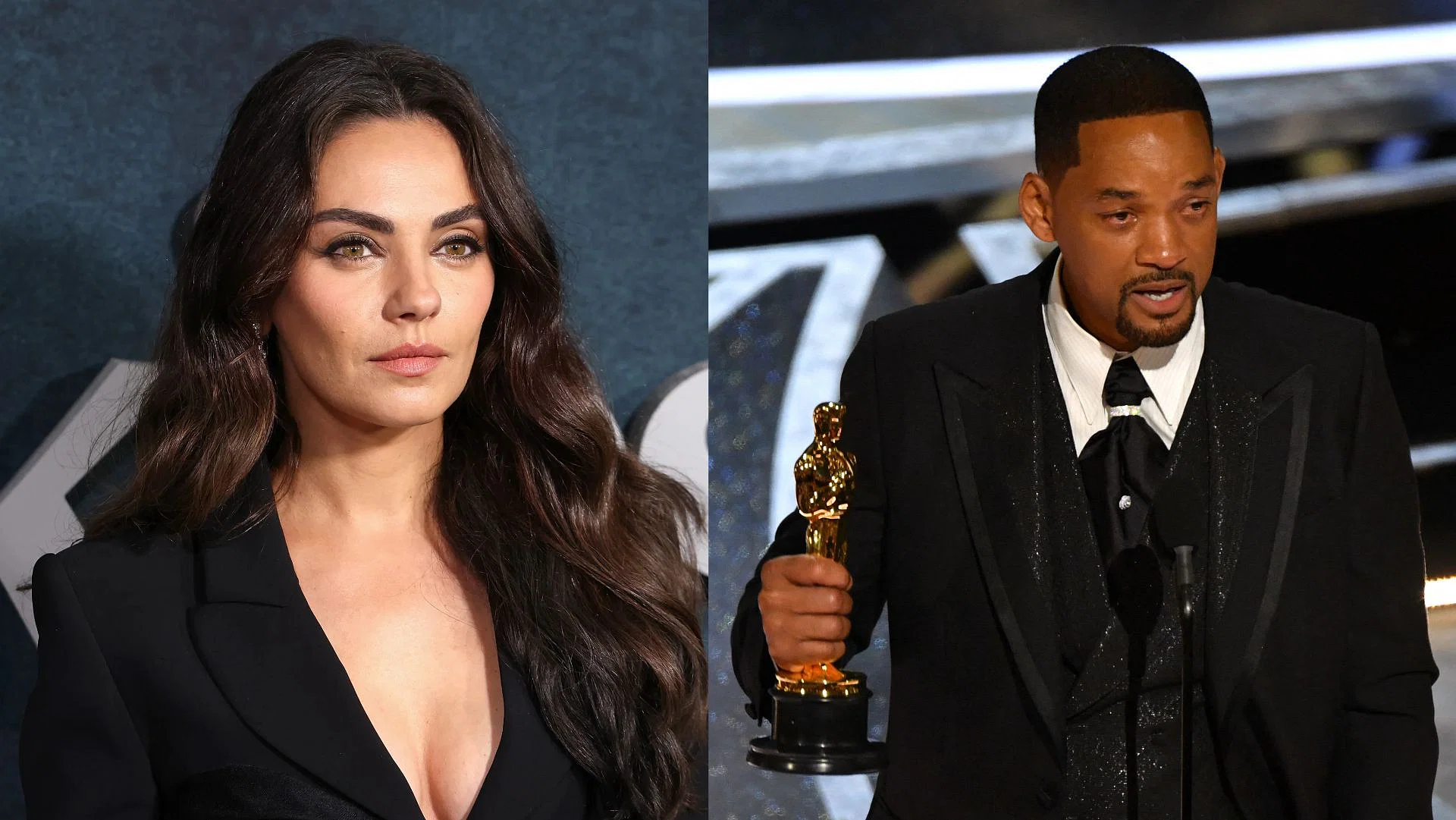After Jo Koy’s light-hearted jest about Barbie during the 2024 Golden Globes, the film’s director, Greta Gerwig, offered a response that caught many by surprise. Known for her thought-provoking films and insightful commentary, Gerwig’s take on the matter provided a deeper perspective on the iconic doll and the project she helmed.
In his opening monologue at the Golden Globes, Jo Koy quipped about Barbie, describing her as “based on a plastic doll with big boobies.” While some may have found the joke to be in poor taste, Gerwig’s response displayed a level of understanding and nuance that transcended the initial punchline.
During an interview on the Jan. 10 episode of BBC Radio 4’s Today, Gerwig acknowledged the accuracy of Koy’s observation. “Well, he’s not wrong,” she remarked. “She’s the first doll that was mass-produced with breasts, so he was right on.” This candid acknowledgment set the tone for Gerwig’s insightful commentary on the Barbie phenomenon.
Gerwig delved deeper into Barbie’s significance beyond her physical attributes. “Barbie, by her very construction, has no character, no story,” she explained. “She’s there to be projected upon.” This observation highlights Barbie’s role as a blank canvas onto which children can project their aspirations, dreams, and desires—an aspect that has contributed to her enduring popularity over the decades.
Despite Barbie’s seemingly superficial origins, Gerwig emphasized the richness of her cultural impact and historical legacy. “Barbie’s been around since 1959,” Gerwig noted. “She’s been a villain, and she’s been a hero, but it felt like, in a way, even though it’s so seemingly superficial, that it was such a rich place to start.” This acknowledgment underscores the complexity of Barbie as a cultural icon and the myriad narratives that have emerged around her over the years.
In her response to Jo Koy’s joke, Greta Gerwig demonstrated a keen understanding of Barbie’s cultural significance and the nuanced layers of meaning embedded within the iconic doll. Rather than dismissing the joke outright, Gerwig used it as a springboard to engage in a thoughtful exploration of Barbie’s impact on popular culture and her role in shaping narratives of identity and aspiration.
FAQs
- Was Greta Gerwig offended by Jo Koy’s Barbie joke?
- No, Gerwig offered a nuanced response, acknowledging the accuracy of Koy’s observation while providing deeper insights into Barbie’s cultural significance.
- Why did Jo Koy’s joke about Barbie receive criticism?
- Some viewers found the joke to be derogatory or in poor taste, objecting to its focus on Barbie’s physical appearance.
- What did Greta Gerwig say about Barbie’s character and story?
- Gerwig noted that Barbie, by design, lacks a defined character or story and serves as a blank canvas for projection.
- What is the historical significance of Barbie?
- Barbie has been a cultural icon since her introduction in 1959, embodying various roles and narratives throughout her history.
- How did Greta Gerwig characterize Barbie’s impact on popular culture?
- Gerwig described Barbie as both a villain and a hero, highlighting the diverse narratives associated with the iconic doll.
- What insights did Greta Gerwig offer about Barbie’s role in storytelling?
- Gerwig emphasized the richness of Barbie as a starting point for storytelling, despite her seemingly superficial origins.
- Why is Barbie considered a blank canvas for projection?
- Barbie’s lack of a predefined character allows children to project their own aspirations and narratives onto the doll.
- How has Barbie evolved since her introduction in 1959?
- Barbie has undergone numerous transformations, reflecting changing cultural norms and societal expectations.
- What was the response to Greta Gerwig’s commentary on Barbie?
- Gerwig’s response was widely praised for its thoughtfulness and insight into Barbie’s cultural significance.
- What lessons can be gleaned from Greta Gerwig’s response to Jo Koy’s joke?
- Gerwig’s response highlights the importance of engaging critically with cultural commentary and exploring the deeper meanings behind seemingly trivial subjects.









